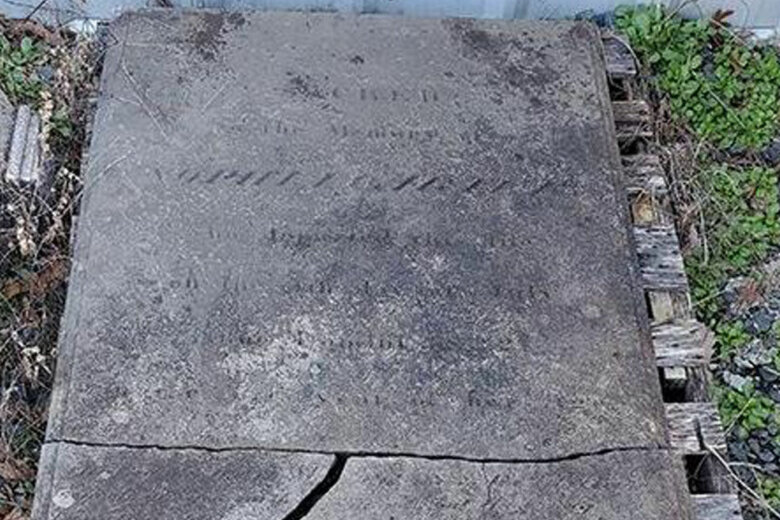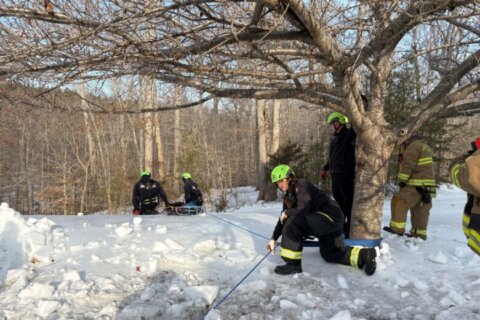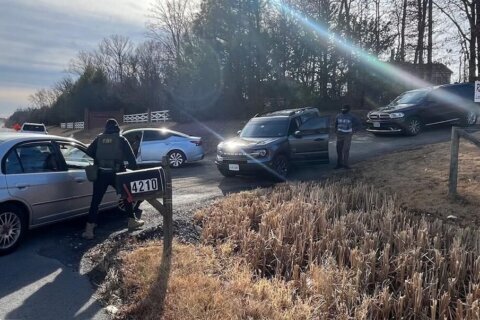This article was republished with permission from WTOP’s news partner InsideNoVa.com. Sign up for InsideNoVa.com’s free email subscription today.
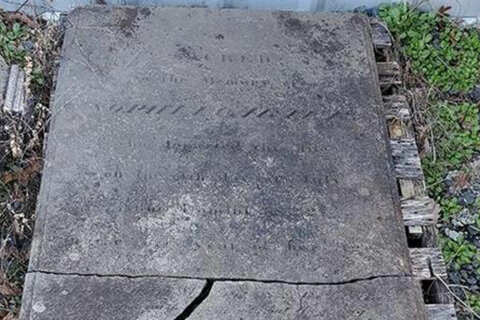
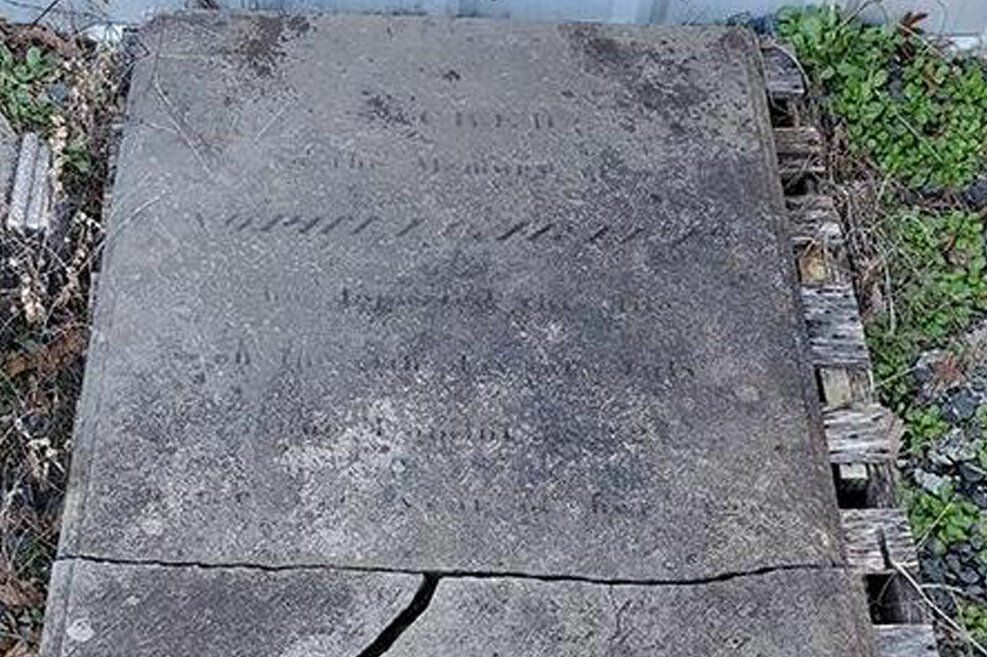
This article was written by WTOP’s news partner InsideNoVa.com and republished with permission. Sign up for InsideNoVa.com’s free email subscription today.
Prince William County has received a $31,000 state grant to conduct an archaeological dig at the historical Berea Cemetery on the grounds of Forest Greens Golf Course in Triangle.
The county’s Department of Parks, Recreation and Tourism said its Office of Historic Preservation received the Certified Local Government grant from the Virginia Department of Historic Resources.
The Berea Cemetery is known to be the final resting place of Sophia Carter (1778-1832), the 12th daughter and 16th child of Robert “Councilor” Carter and his wife, Frances Ann Tasker.
Part of a colonial-era plantation owned by the influential Carter family, the property known as “Berea” passed to Sophia upon the death of her father. Never marrying, Sophia Carter ran her plantation and enslaved workforce on her own. Upon her death, Sophia was buried on the property. Most of her remaining assets were donated to various charities, including a Fredericksburg area school for economically disadvantaged girls.
The focus of the Berea Cemetery Project is to delineate the Sophia Carter cemetery through archival research and archaeological testing; to garner more information on the grave site, landscape and potential for unmarked graves. No exhumation or excavation of burials will occur during the project.
Sophia’s grave is the only grave with a marker among a possible 40 tombs within the cemetery. Rob Orrison, division manager for the Office of Historic Preservation, said the prevailing belief is that the rest of the graves may belong to some of the enslaved community. Through documentary and physical investigations, the hope is to identify all the grave locations.
The investigation will be conducted by a contracted cultural resource management firm. When the project is completed, the county parks department will install a passive recreation history trail to interpret the history of the farm, the enslaved, the cemetery, and Sophia Carter.

